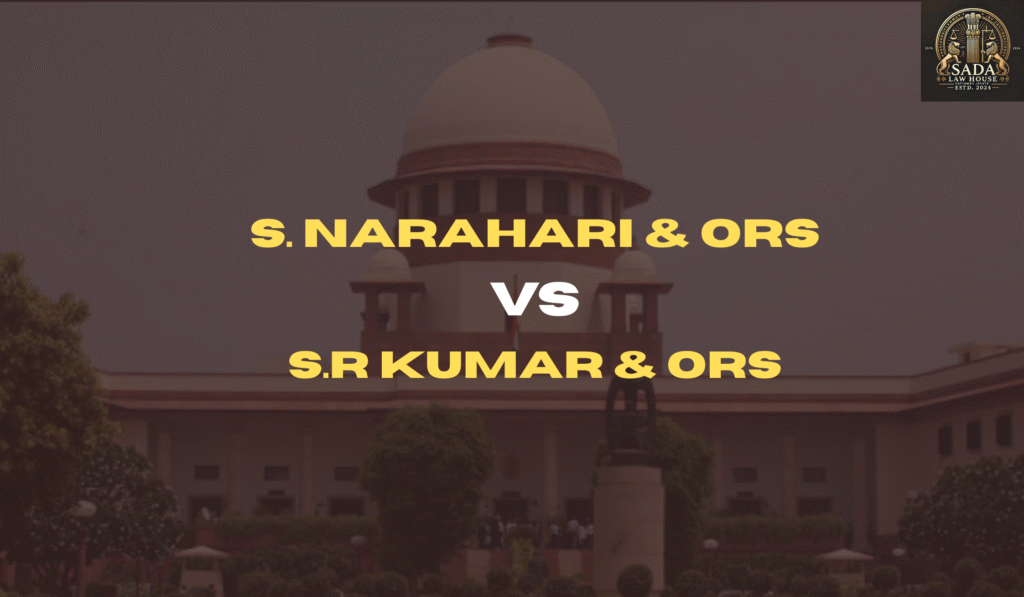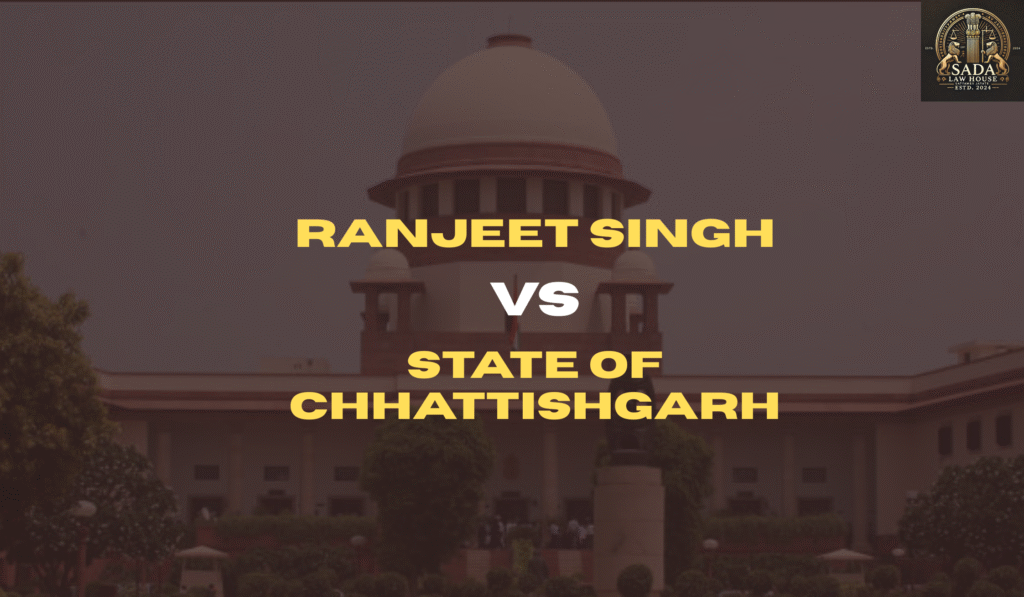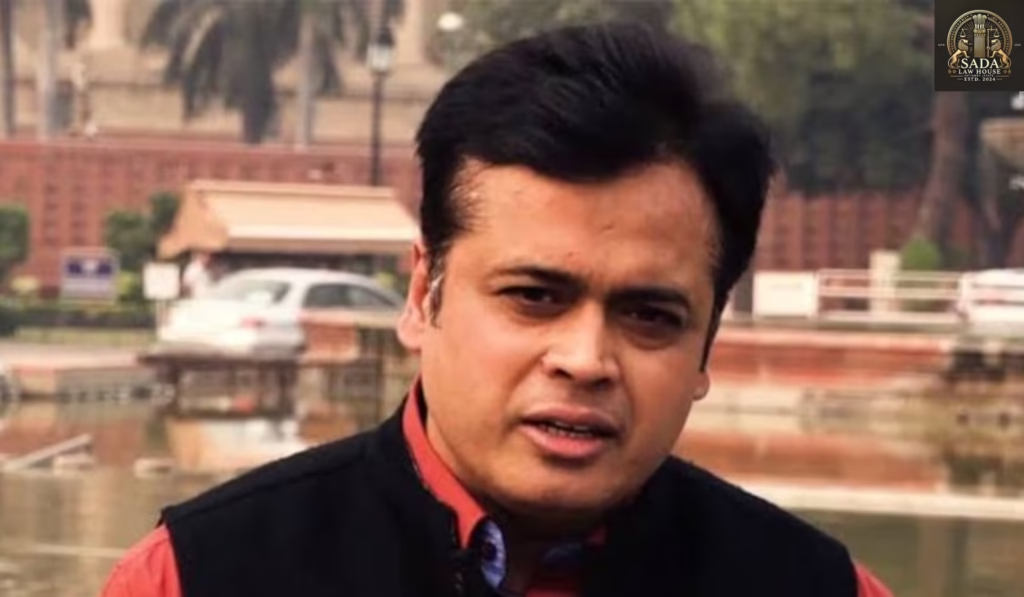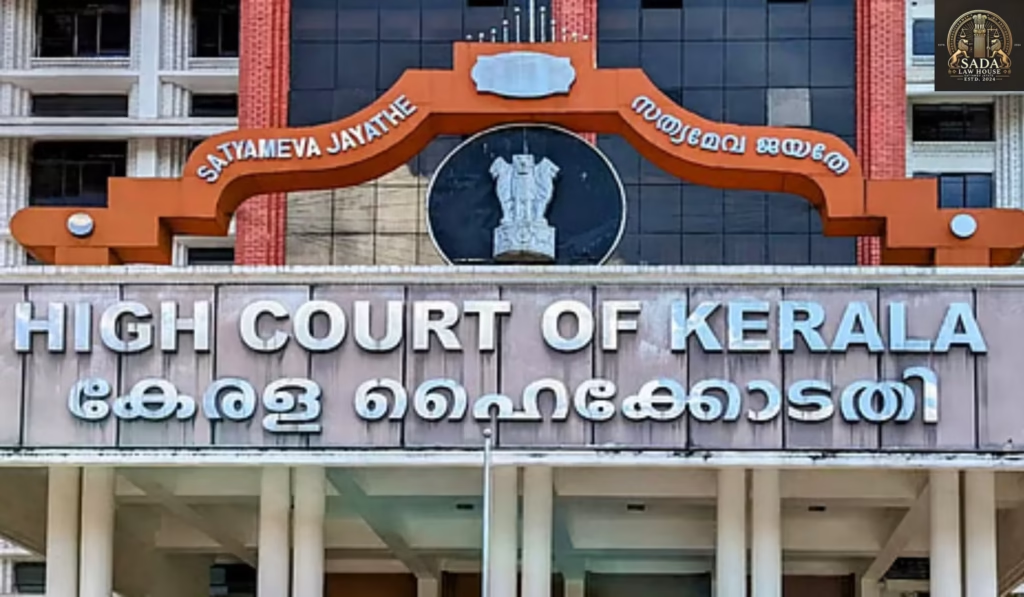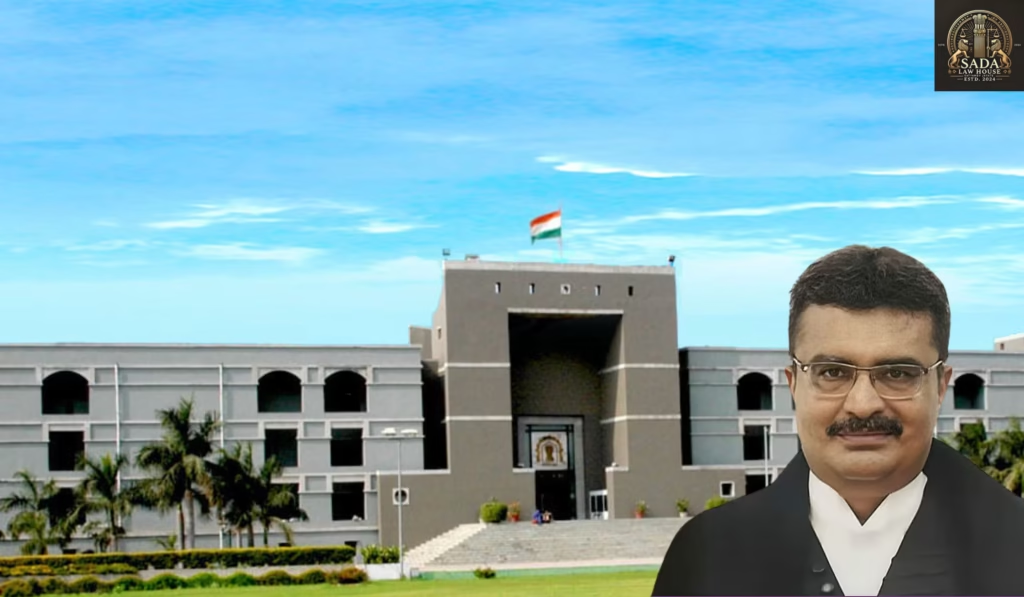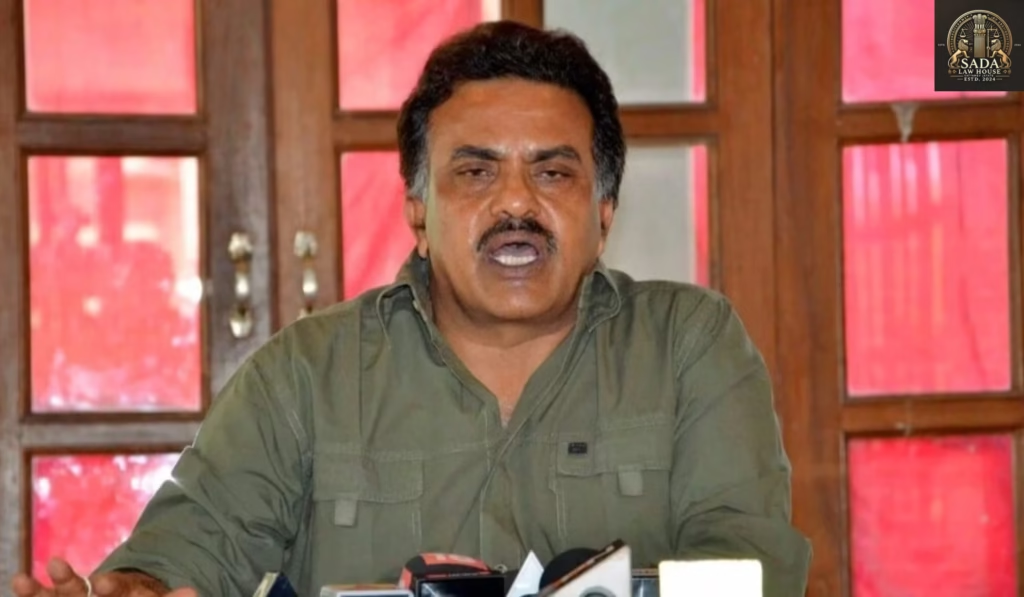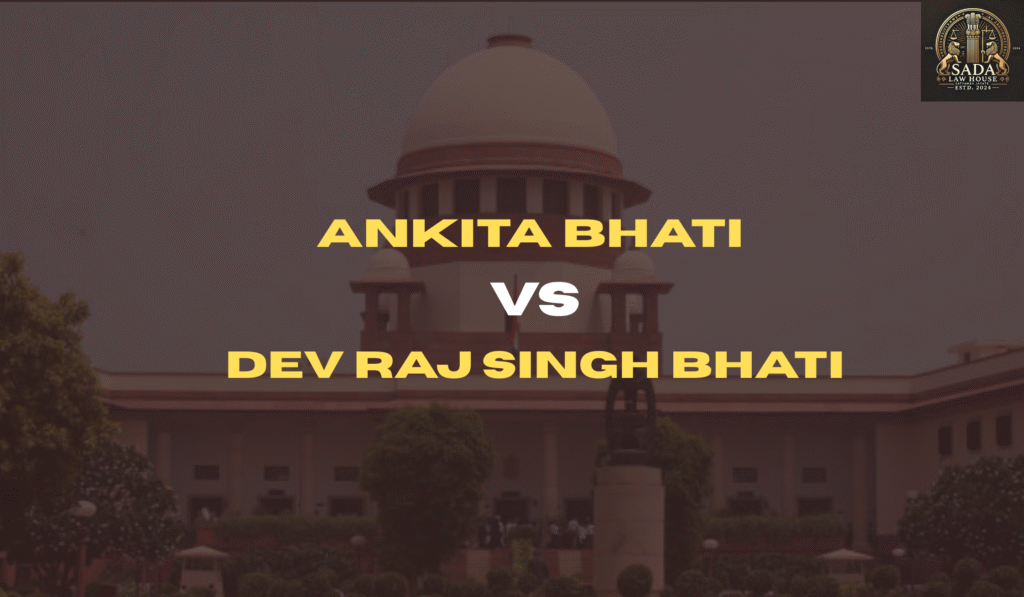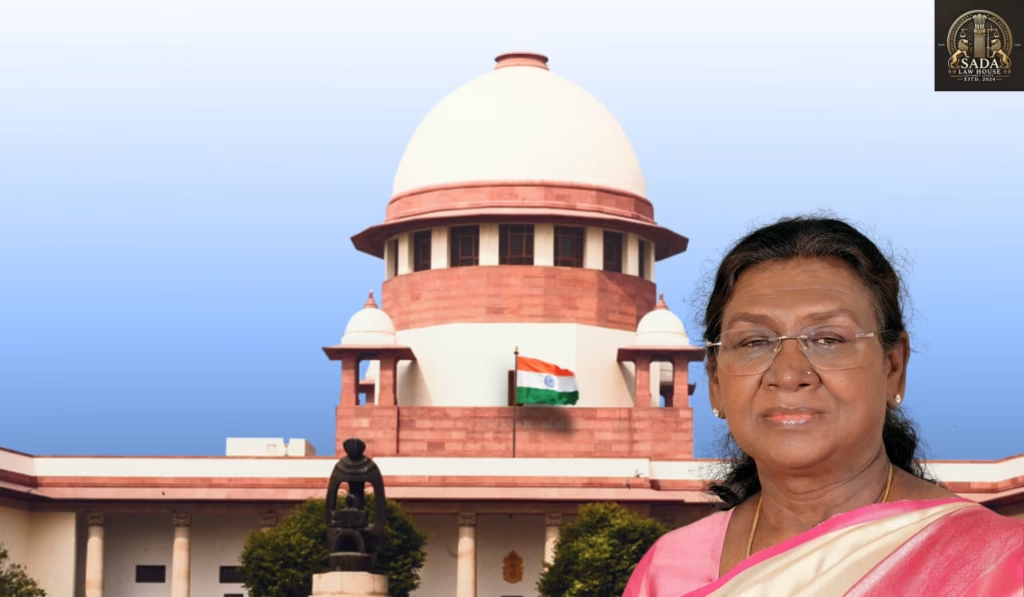S. Narahari v. S.R. Kumar – Supreme Court Refers Maintainability of Second SLP after Withdrawal to Larger Bench (2023)
Trending Today S. Narahari v. S.R. Kumar – Supreme Court Refers Maintainability of Second SLP after Withdrawal to Larger Bench (2023) Ranjeet Singh v. State of Chhattisgarh – Supreme Court Acquittal in Murder Case for Unreliable Eyewitness Testimony (2023) Supreme Court Grants Interim Protection to Journalist Abhisar Sharma in Assam FIR Kerala High Court Rules Judges Must Personally View Obscene Video Evidence Before Conviction Gujarat HC Lawyers Meet CJI Over Transfer Proposal of Justice Sandeep Bhatt Bombay High Court Restrains Sanjay Nirupam from Making Communal Remarks Against Slum Developer Ankita Bhati v. Dev Raj Singh Bhati – Supreme Court Reiterates Wife’s Convenience Paramount in Transfer of Matrimonial Cases (2023) Presidential Reference on Deadlines for Governors: Supreme Court Hearing Enters Day 5 LEGAL INTERNSHIP OPPORTUNITY AT CHAMBERS FOR JUSTICE, DELHI LEGAL INTERNSHIP OPPORTUNITY AT AVNEESH ARPUTHAM S. Narahari v. S.R. Kumar – Supreme Court Refers Maintainability of Second SLP after Withdrawal to Larger Bench (2023) Justice Sanjay Karol & Justice Krishna Murari 5 July 2023 Introduction In this significant ruling, the Supreme Court of India addressed the issue of whether a second Special Leave Petition (SLP) is maintainable after the withdrawal of the first one without liberty to file afresh. The Court referred the matter to a Larger Bench to settle the conflicting views that have arisen in previous judgments. Background and Facts The dispute involved a civil property matter where the petitioner initially filed an SLP before the Supreme Court challenging the High Court’s order. However, the first SLP was withdrawn without any liberty granted to file afresh. Subsequently, the petitioner filed a second SLP on the same cause of action. The respondent opposed its maintainability, contending that such a practice would amount to abuse of process. Issue Whether the withdrawal of an earlier SLP without liberty bars the filing of a second SLP on the same cause of action? Arguments Petitioner’s Arguments The withdrawal of the first SLP does not amount to res judicata. Since the earlier SLP was not adjudicated on merits, the petitioner retains the right to file another SLP. Dismissing the second SLP without hearing would curtail the fundamental right to access justice. Respondent’s Arguments A second SLP on the same issue is not maintainable once the first has been withdrawn. Such repeated filings would lead to forum shopping and delay in finality of litigation. Past judgments have stressed that withdrawal without liberty bars a fresh petition. Judgment The Supreme Court, noting conflicting precedents on the subject, referred the issue to a Larger Bench. It observed: The maintainability of a second SLP after withdrawal of the first without liberty requires authoritative clarification. Earlier rulings have taken divergent views, making judicial consistency necessary. Till such clarification, scrutiny of similar cases should be cautious to avoid abuse of process. Conclusion This judgment underscores the Supreme Court’s concern over repeated litigation and abuse of process in SLP filings. By referring the matter to a Larger Bench, the Court aims to ensure uniformity in law on the maintainability of second SLPs, striking a balance between access to justice and the need for finality in litigation. Leave a Reply Cancel Reply Logged in as Aliya Ansari. Edit your profile. Log out? Required fields are marked * Message* Case Laws S. Narahari v. S.R. Kumar – Supreme Court Refers Maintainability of Second SLP after Withdrawal to Larger Bench (2023) Aliya Ansari • August 29, 2025 • Case law • No Comments Ranjeet Singh v. State of Chhattisgarh – Supreme Court Acquittal in Murder Case for Unreliable Eyewitness Testimony (2023) Aliya Ansari • August 29, 2025 • Case law • No Comments Ankita Bhati v. Dev Raj Singh Bhati – Supreme Court Reiterates Wife’s Convenience Paramount in Transfer of Matrimonial Cases (2023) Aliya Ansari • August 29, 2025 • Case law • No Comments 1 2 3 … 5 Next »

